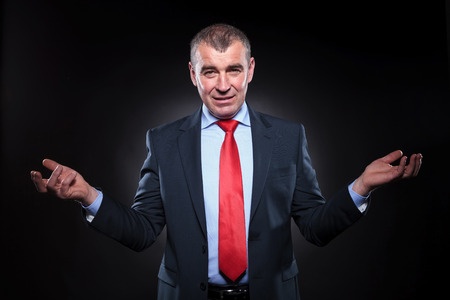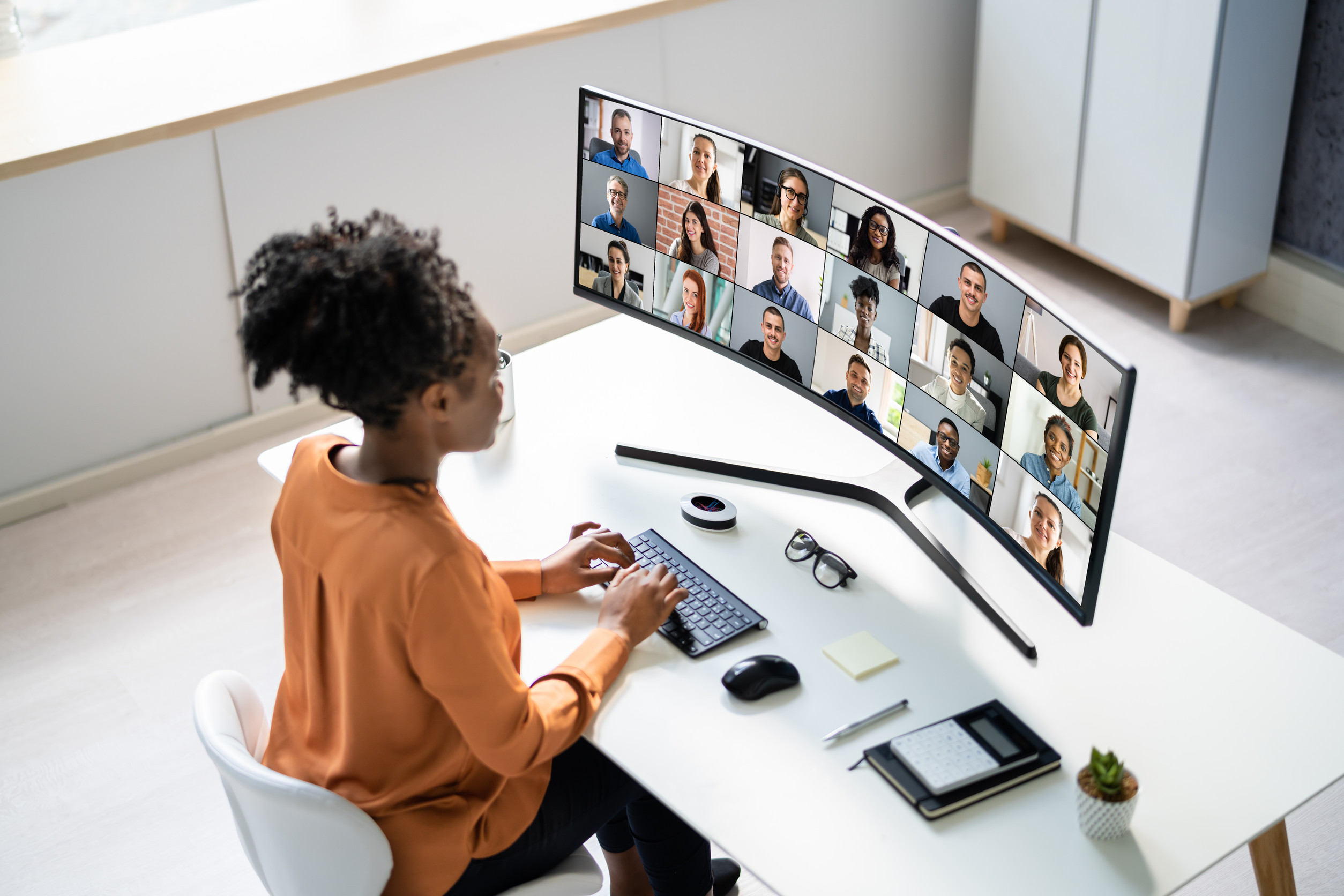Preparing for a Lunch Interview

Once you make it through the early stages of an interview process, many companies will offer a lunch interview. Dining with a future employer, company executives, or department chair gives them an opportunity to know you (and how you will fit in) from a social perspective.
No doubt you are preparing your latest research, or practiced three versions of your elevator speech - adapted for different occasions. Of course you have prepared remarks should you be asked to extemporaneously say a few words.
But are you sure you know how to maneuver knives and forks? Should you order a drink if others from the company do? Are you sure your table manners are up to par?
Your Dining Etiquette
First, I recommend you brush up on your knowledge of table setting etiquette. Even if the table at which you dine isn't set properly, you will at least know how it should be and can immediately prepare to handle the dining experience.
Know your dining style. The one I teach and most often refer to is the Continental style of dining. It is easiest to learn and is the most widely used throughout the world.
Know your napkin etiquette, too. This will help you gain a sense of the flow of the meal.
You'll also want to remember the proper way to pass food and items on the table. And, since most lunch interviews take place in restaurants, know how to conduct yourself appropriately.
You're the Guest at the Lunch Interview
You are the one who has been invited to the meal, so wait until you are asked to sit before seating yourself. The host may have a preferred place for you to occupy.
- Be an observer. Observe what your host orders and remember to go course for course, and drink for drink.
- Order "easy" food. Go middle range in price on the menu when you make your food selection. Unless your host has ordered for you, avoid messy or exotic foods. Keeping the food simple will allow you to concentrate on the interview conversation.
- Speaking of conversation . . . Your host may pose questions to you or others. But at some point, you will be on your own and will need to have a list of possible topics to discuss.
Lively conversation is fine, however, talking with your mouth full is not. Beware of sensitive topics that might be offensive or off-putting such as your political views or religious preferences.
Alcohol and Interviews?
Alcoholic beverages may be okay at a lunch interview, but unless you are extremely comfortable with the process and situation, it's best to employ the "never" rule. If others are ordering alcohol, order a soft drink or other beverage.
This is an interview, and your confidence and decorum are being noted.
The Bottom Line
A lunch interview is still an interview. It usually comes toward the end of the hiring process because your employer wants to make certain that you are a good fit from a social perspective and will represent the company or organization appropriately.
You are still being assessed on your professional dress, your knowledge and prior work experience, and your ability to engage in conversation. But, for some companies, the manner in which employees conduct themselves during a meal is also important.
So, while you research and prepare for the general interview process, take some time to prepare yourself for the lunch interview as well. You may be very glad you did!














